1) A reminder of how much we undervalue Mother Earth
VISUAL CAPITALIST: The Economic Value of Nature vs. Global GDP
Just a point of perspective. Humans make so much money off nature, and nature is being shifted rather systematically around the planet in terms of its various climes — thus putting much of this natural wealth at-risk and/or on the move.
This is the most elemental form of wealth humans recognize, and it is being taken from some and given to others without monetary compensation.
That is a great way to trigger revolutions throughout history: driving the peasants off the land.
2) The timing couldn’t be better!
NEW REPUBLIC: RFK Jr. Just Kneecapped the CDC on His First Day
USA TODAY: Is a 'quademic' swirling? What you should know about flu, RSV, COVID and norovirus
More than decimate the CDC following a pandemic that reshaped our lives.
More than dissuade the next generation of federal public health leaders from pursuing their careers.
You do it in a year featuring the worst flu outbreak in a very long time.
Brilliant!
Because, as we recall, all this mistrust and demonization tends to kill more people of one political leaning versus another.
Oh, to die for the cause!
Wait til Bobby comes for your anti-depressants (or just your kid’s) and sends your addicted ass to the work farm (I mean wellness farm) instead. Then the Cultural Revolution will be in full swing.
You! Yes, you behind the bikesheds, stand still laddy!
3) Blame lazy men for birth dearth
WAPO: A Nobel Prize winner decodes why people aren’t having kids
The verdict is … ouch!
Goldin concludes that two factors explain much of the downward trend by country: the speed at which women entered the workforce after World War II, and how quickly men’s ideas about who should raise kids and tidy up at home caught up. This clash of expectations explains the fertility decline across the globe.
In places where men do more around the house, fertility rates are higher; where they do less, rates are lower.
That’s it. That’s the whole explanation.
This is why South Korea and Japan are doomed.
The solution … not very DOGE-y:
Overall, Goldin says there’s “too much nervousness” about low fertility rates, but if U.S. lawmakers really wanted to do something, her advice is to provide government-subsidized child care, as Sweden, France, Britain and Canada now do.
“Child care is the big thing. People talk about parental leave. That’s minor. That’s nothing compared with child care,” she says. Subsidizing child care “encourages people to have more kids. It also reduces the ‘burdens’ — I hate to use that word — but it reduces the disproportionate burdens on women from having children.”
You think billionaires know that? We can only pray.
I mean, Elon’s got 13 kids! He’s gotta know how hard it is.
4) Xi remains China’s biggest problem
NYT: Xi Is Making the World Pay for China’s Mistakes
REUTERS: Xi's new frontline corporate guard showcases his priorities, control
Xi keeps with the export-driven growth while not sufficiently prompting domestic consumption, resulting in record trade surpluses.
Why? He’s gotta know he’s running out that string.
First, some perspective:
President Trump’s readiness to use coercive tariffs presents a profound threat to the postwar economic and political order, introducing an unpredictability to global commerce that makes it difficult for trade partners to know how to react — and next to impossible for businesses to plan.
But he is not the only danger the world economy faces and may not even be the biggest. That may be President Xi Jinping of China, whose more strategic and calibrated industrial and economic policies are fundamentally distorting and harming global trade.
The symmetry with the US is Trump’s ultimate target — this supposedly very large in-the-works deal with China that clears the table of outstanding issues.
If Trump can accomplish that, then the world is a better economy.
Again, you gotta know that the State Department dropping that wording about America not supporting Taiwan’s independence is caught up in this whole conversation — a shot across the bow.
5) The colors of the wind
THE HILL: Why red states are pulling ahead in America’s clean energy race
Looks like only 15 states (more to the north) still rely most heavily on coal to produce electricity. The south and coasts appear to have gone over to gas. Clusters of nukes (east), wind (center) and hydro (northwest) round out the rest.
A lot more heterogeneous that you might expect.
Quarter century ago, you gotta bet this map would have been coal-focused. Back then, coal accounted for half of electricity, dropping to less than 40% just a decade ago and down to just under 20% now.
Natural gas now leads the pack at about 45%.
6) I don’t agreement that thing said by them
INC.COM: Microsoft Says AI Kills Critical Thinking—Here’s What That Means for You
There is going to be a break, for sure, but the death of critical thinking? I doubt it.
There are people like me who learned the old ways, and then became super-empowered with AI.
Next up will be generations that see those old skills atrophy while new ones arise — made possible by heavy reliance on AI.
A distinct Before and After. Not the first time.
The whole reliance-on-computers-made-us-stupid-and-subject-to-robot-domination is a staple of science fiction, but I see no proof of it.
Sure, our younger generations tend to suck — more and more — in the old ways. But I see plenty of new skills and critical thinking approaches arising. Being a transplant myself, I evince no real nostalgia for the old ways, and I’m just not arrogant enough to believe that an analog education better prepares you for leveraging AI than a digital one does.
The skill atrophy cited is a feature of human progress and always has been. And those most worried about it tend to be the very same players who triggered it (allegedly) and thus speak from a position of guilt.
So, simmer down, Microsoft. The world will survive your stupefaction of the old ways. The kids are alright.
7) The other higher latitudes
NYT: South Africa Is a Warning
The equator bisects Africa just through the West African armpit (see the aptly named Equatorial Guinea).
So, what do we notice?
The lowest latitudes are heading toward the exits north and south — the higher latitudes.
Solid flow to South Africa, but overall, the bulk head north because the choices up north are so much bigger in geographic size.
Point of the article: South Africa is feeling full-up already and beginning to be become somewhat hostile to immigrants — thus a warning to its northern equivalents.
Still, the larger lesson (for now):
Despite the panic in rich countries over the arrival of people fleeing poor, war-tossed nations, most people from the global south who migrate don’t head north. The majority who flee in haste end up quite near where they came from, hoping to go home as soon as possible. And even those who migrate farther afield — searching for work, fleeing political persecution or simply wanting a new life — tend to remain in their own region or continent. In our hyperconnected, jet-powered age, the median distance traveled by modern migrants is less than 400 miles.
This has always been the story:
Driven from land, go to the village
From the limited village, go to the city
From the limited city, go to the next country over.
It’s only after that long journey that the North eventually comes up as THE destination, and already that flow is stressing the hell out of the North.
Nothing we see in climate change’s devastation of the lower latitudes says anything about this dynamic getting weaker — only stronger.
So, sure, you can say it’s not so bad, but the direction is clear — as is the ultimate driver of climate change. Given their druthers, most would stay on the land, working the land.
That just ain’t gonna be possible across most of the lower latitudes.
8) The pendulum swings on climate deaths
TIME: Extreme Heat Could Kill Millions of People in Europe
Bjorn Lomborg, the “skeptical environmentalist,” has long noted that more humans die each year from the cold than from the heat. It’s a nifty talking point; it’s just disappearing like most skeptical talking points against recognizing climate change as a catalyst for significant change.
From the story of a report:
Currently, cold temperatures kill more people in Europe than heat by large margins. But a team from the London School of Hygiene and Tropical Medicine used climate simulations of different scenarios and looked at death rates in 854 cities. They found as it warms cold deaths lessen slowly, but heat deaths soar rapidly.
With few reductions in emissions of greenhouse gases and little adaptation like air conditioning and cooling centers, Italy, southern Spain and Greece should see massive increases in the rate of heat deaths due to climate change. On the flip side, much of Scandinavia and the United Kingdom will see fewer temperature-related deaths, mostly due to moderating cold temperatures, the study in Monday's journal Nature Medicine found.
The Anthropocene giveth and the Anthropocene taketh away.
9) The Trump effect on science
GUARDIAN: Trump cuts threaten a ‘generation of scientists’ as many weigh leaving US
It won’t be pretty, the long-term legacy of mistrust of the government. So many noses to cut to spite the “deep state” face.
Biomedical scientists depend on the NIH to fund their employment. Many are expected to cover a large proportion of their own salaries with NIH grants. Scientists studying neuroscience, diabetes, autism and bird flu became emotional as they spoke to the Guardian about the possibility of losing their life’s work.
“For the last 50 to 75 years, the NIH has been the biggest funder of biomedical research in the world. Most advances in medicine, at some point, were seeded by NIH funding. And when we became scientists, we just bought into this system. This is how it works. There is this long term support,” said John Tuthill, who runs a neuroscience lab at the University of Washington in Seattle.
One can only assume that they’ll all be dismissed for their “corruption” or some such other nonsense, but it is a stunningly self-destructive move at the dawning of a biotech revolution.
Really, what we’re doing now to ourselves makes Britain’s “own goal” on BREXIT seem tiny by comparison. Nobody is making us behave this way other than our do-nothing Congress being so bad for so long that the only way we could rouse our nation to significant change is by electing a self-declared strongman.
I still have to blame the Boomers first and foremost. This has happened overwhelmingly on their watch. Worst political leadership generation — ever.
10) The world is watching, and voting with their bond purchases
GLOBAL TIMES: China cuts holdings of US Treasury bonds to $759 billion in December 2024
The signs are there:
During the last month of 2024, the three largest foreign holders of the US government debt - Japan, China and the UK - all reduced their holdings, the data showed.
We are no longer the same good, safe bet. Buying bonds is betting on the future of the issuing government/country.
We are giving cause for others to diversify.
And yeah, I know that’s a dirty word. If you’re government, just pretend like you didn’t recognize it.
11) Another story on radical Islam’s last battlefield — the Sahel
WAPO: Crossroads of conflict
It looks much worse now:
Been writing about this since my piece for Esquire in 2007.
The Trans-Sahel, or where the Sahara transitions into Africa’s savannas and later jungle, is roughly the fabled “10th parallel” where brown Islam to the north bumps up against black Christianity to the south.
In other words, the cowboys and the farmers can’t be friends (H/T Rodgers and Hammerstein). Desertification presses southward, pushing the farmers back while seemingly inviting the herders in. Things get tense, violence breaks out, and suddenly it’s a clash of civilizations!
But really, it’s just climate change shifting climes — inexorably. We can dress it up in fancier clothes but the junk underneath remains the same.
Why are the Russians there? Same reason why radical Islamic groups have expanded there: they are vultures to the feast.
12) Leaving you on a high note
WAPO: We may be able to trap climate pollution in ordinary rocks
The good news we all need:
Scientists say they have figured out how to transform rocks into something extraordinary: a high-tech, low-cost substance that can bend geologic time and help stall — or even reverse — planetary warming.
Bend geologic time .. I love it!
My fabled Zone of Turbulence doesn’t have to be all bad — not true whatsoever. We just have to innovate.
Chin up! We will figure it all out.

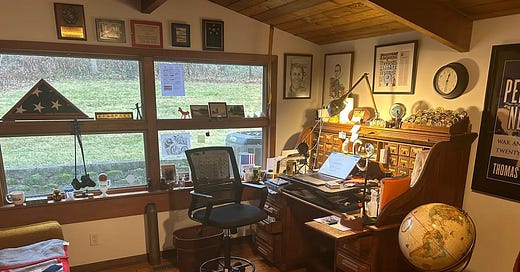


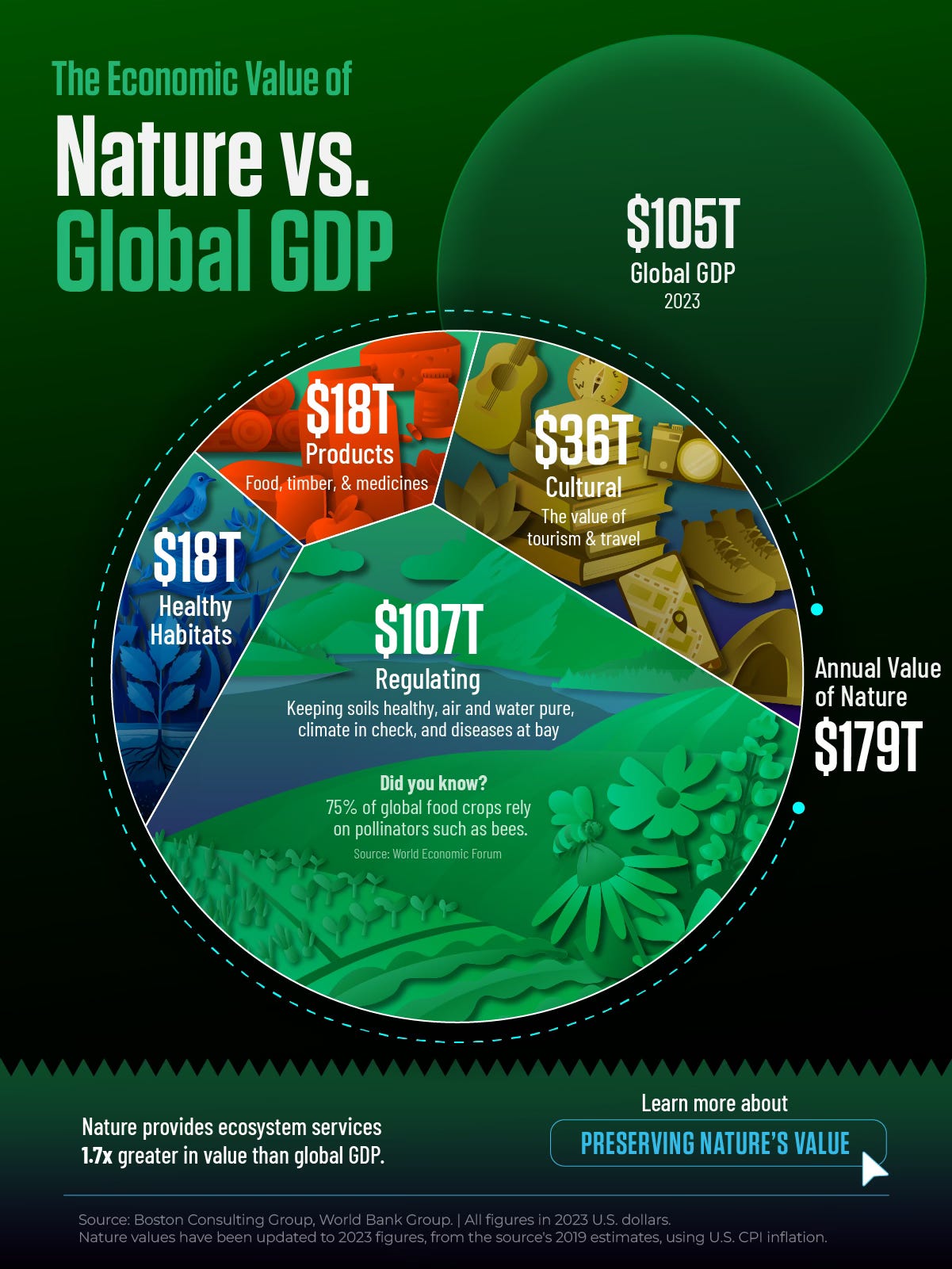





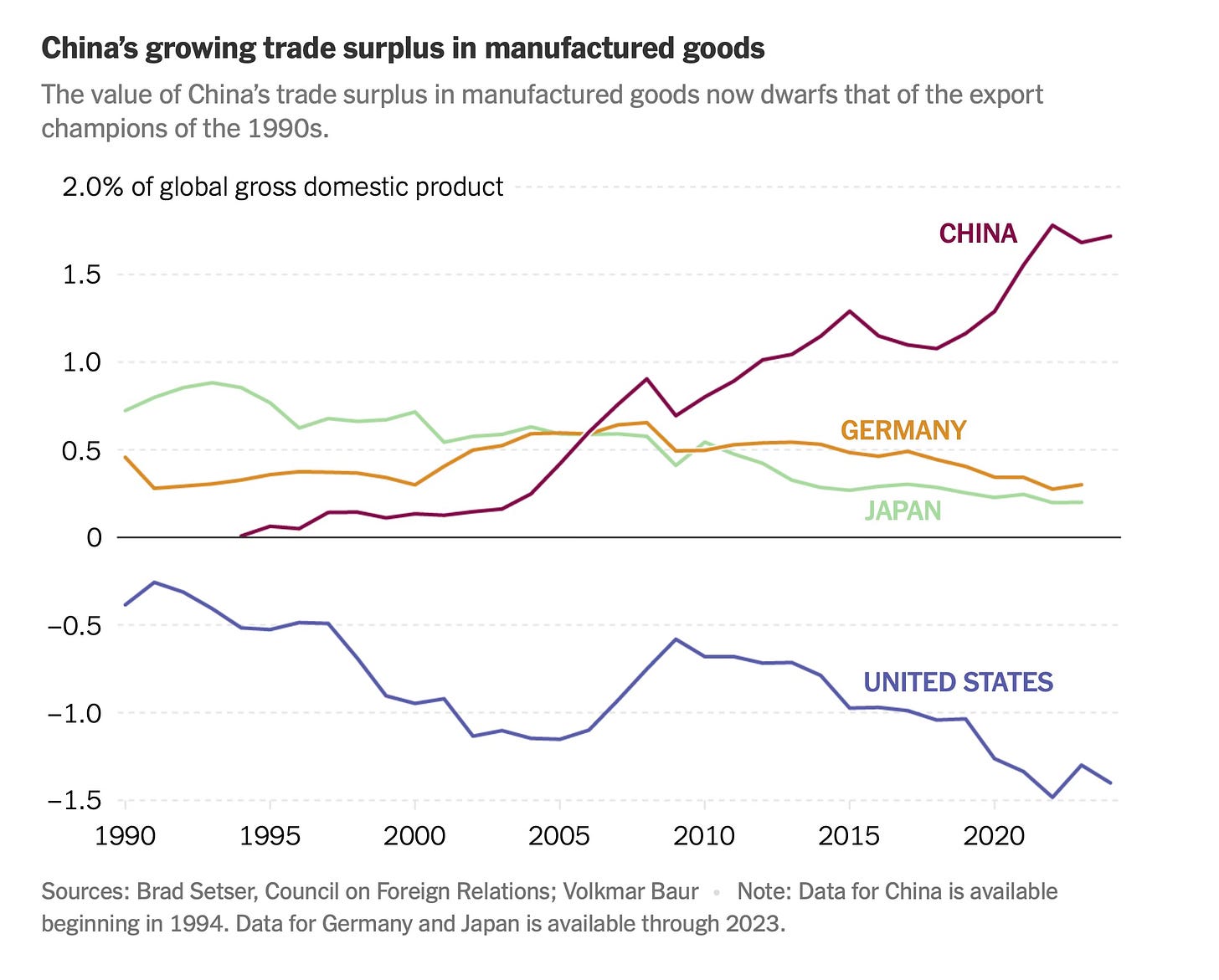
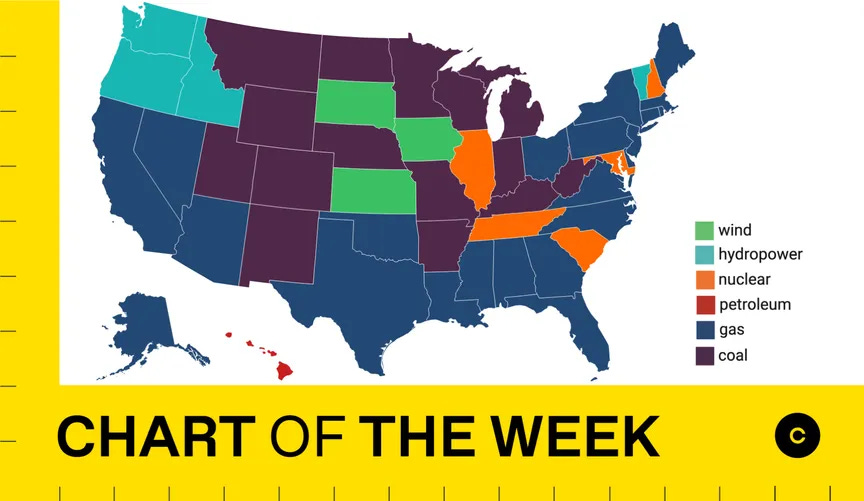


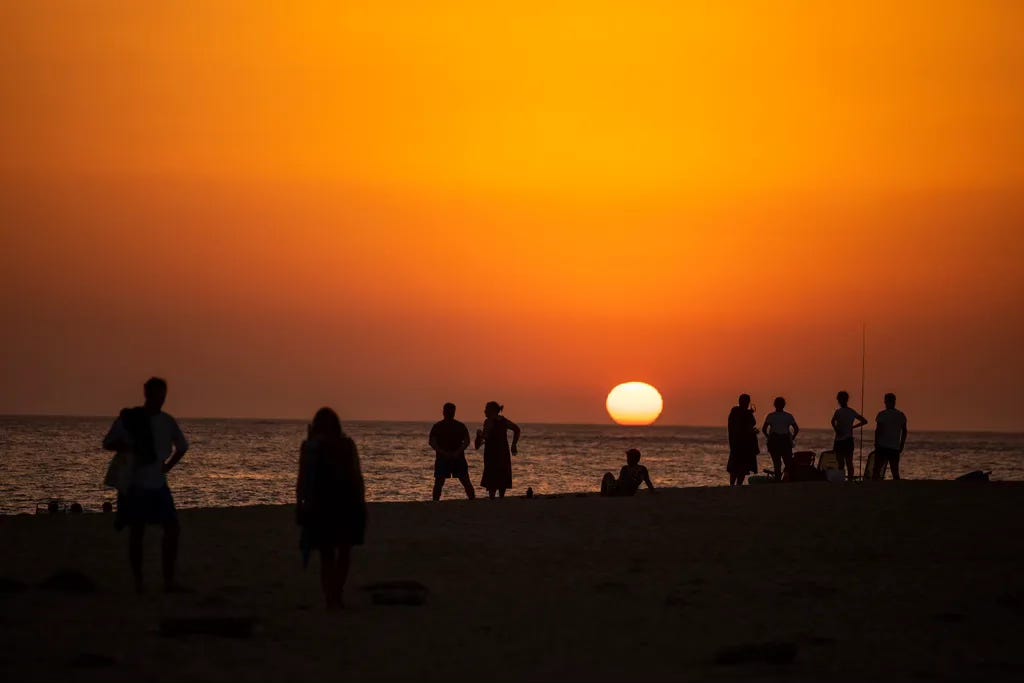





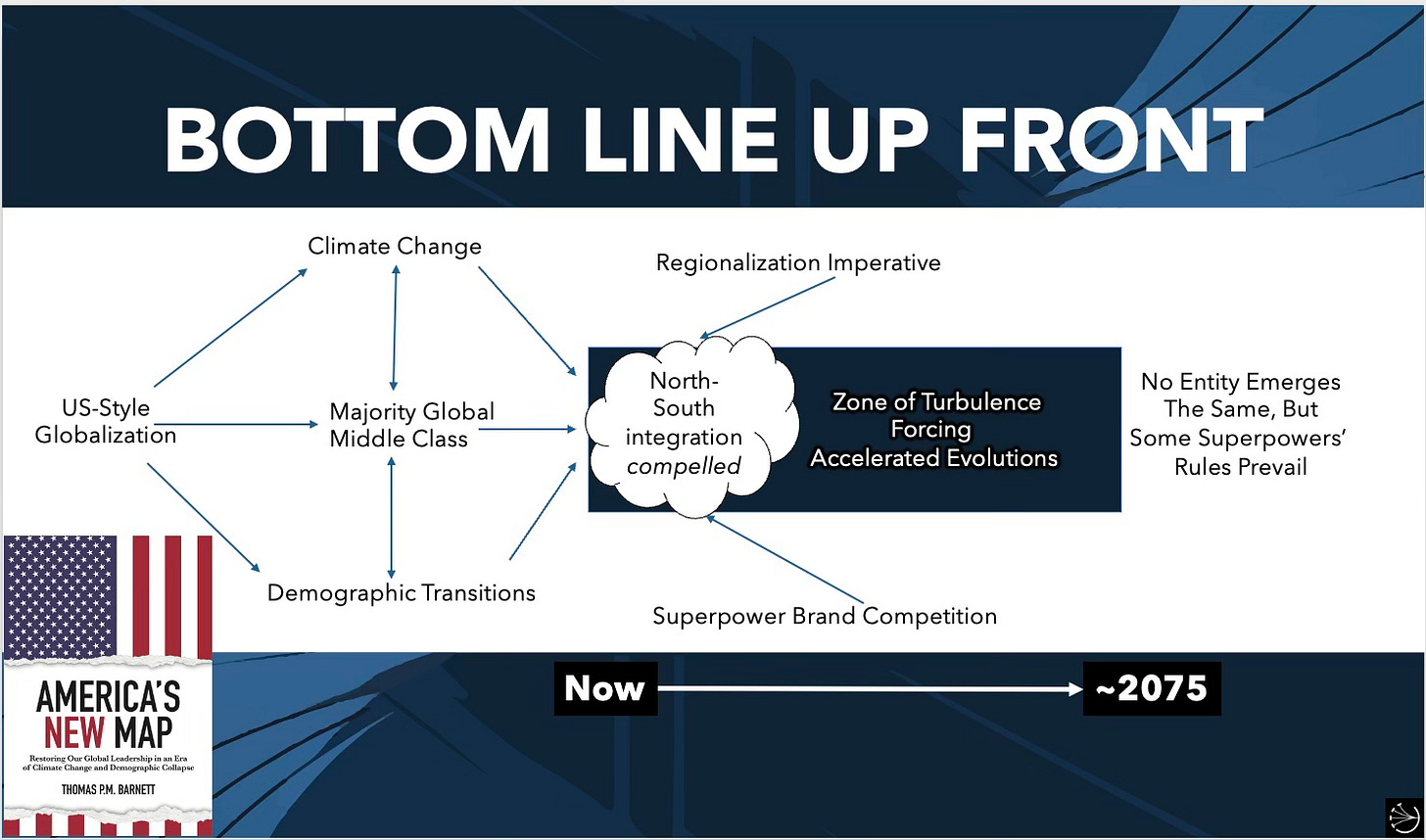


>>"Because, as we recall, all this mistrust and demonization tends to kill more people of one political leaning versus another.
>>Oh, to die for the cause!"
Eastern European-type politicide. That or forced "voluntary" immigration since people don't know the relevant home addresses of those who affects their lives. Oh well...
>>"—3) Blame lazy men for birth dearth"
God forbid we blame business practices in real estate, bank terms & conditions, walking fine line between employment & bankruptcy, with energy companies, and finally fees & costs.
Let's not kid ourselves (no pun intended) that decision-makers and policy-planners expect a massive wealth inheritance & distribution within this decade. That's it, that's why things are being stalled, more or less. A squeeze is in the works.
As for personal opinions regarding this article, half-souls don't know how their other half really operate: men are not afraid of death than the process how they get to death. Not a lot will understand the difference. Same as with the "nothing box".
That's why men appear to not want to do more work; on one hand, nothing drives the missises crazy than to see the men not do anything on the moment, yet on the other hand men know this & cannot differentiate between actual house work needed versus couple quarrel every once in a while.
My observation so far these last 15-20 years; people around me do not want to repeat history as did their parents or and grandparents did: the stress, the quarrels, the "why did you told X and Y about our talks/issues", money constraints etc.
Just as pro-life eventually ends up as pro-death, a life in austerity and poverty eventually leads up to a quasi-hermetic need of life. DINKs are those that caved in a bit on the pressure of loneliness.
Those that managed to overcome this with their family, hats down, however, they don't realize they only stalled the same inevitability by one generation short with their kids. One or two generations before, grandparents or parents didn't faced this, and it's new to this one on what to discuss with their kids how to go on with life, vis-a-vis the lives they went through these last 20-30 years.
>>"—9) The Trump effect on science"
They don't have anywhere to go.
In my opinion? Either one last hail Mary of the hermetic old boys network for a side lecturing job before retirement in a couple of years or directly into retirement.
Others, more young, I suspect something else - more asymmetrical...
There was a thread on Twitter, a friend in the field sent it to me to laugh about.
Someone in their 20s said they went through all the steps, got a job related to CnC, certification, all of that jazz, and then changed that profession for the oldest profession, earning something like x10, x15, or x20 more.
Her conclusion, that the free market wanted her bits a lot more than the bits she could've made with those modern machining tools.
Quo vadis?
>>"—10) The world is watching, and voting with their bond purchases"
US Secretary Janet Yellen did say in November-December '24 that "extraordinary procedures" will be made, just as it was in 2023 or 2024, by stopping bond issuance. This was expected and the countries involved reacted accordingly.
>>"But really, it’s just climate change shifting climes — inexorably. We can dress it up in fancier clothes but the junk underneath remains the same."
Hear, hear!
Sneakers with lights in them. Same thing I think of artificial intelligence, to be honest. Another way for a category of people to have what to keep the lights on & payment to the bank on time, for another month, until the big croak at the end... what a life, eh?
I remember when the vogue for online Russian brides was growing to the surprise of so many who had never seen what was generally available in the Russia of the late Yeltsin/early Putin years (I.e., before Putin’s wars began reducing that pool even further).